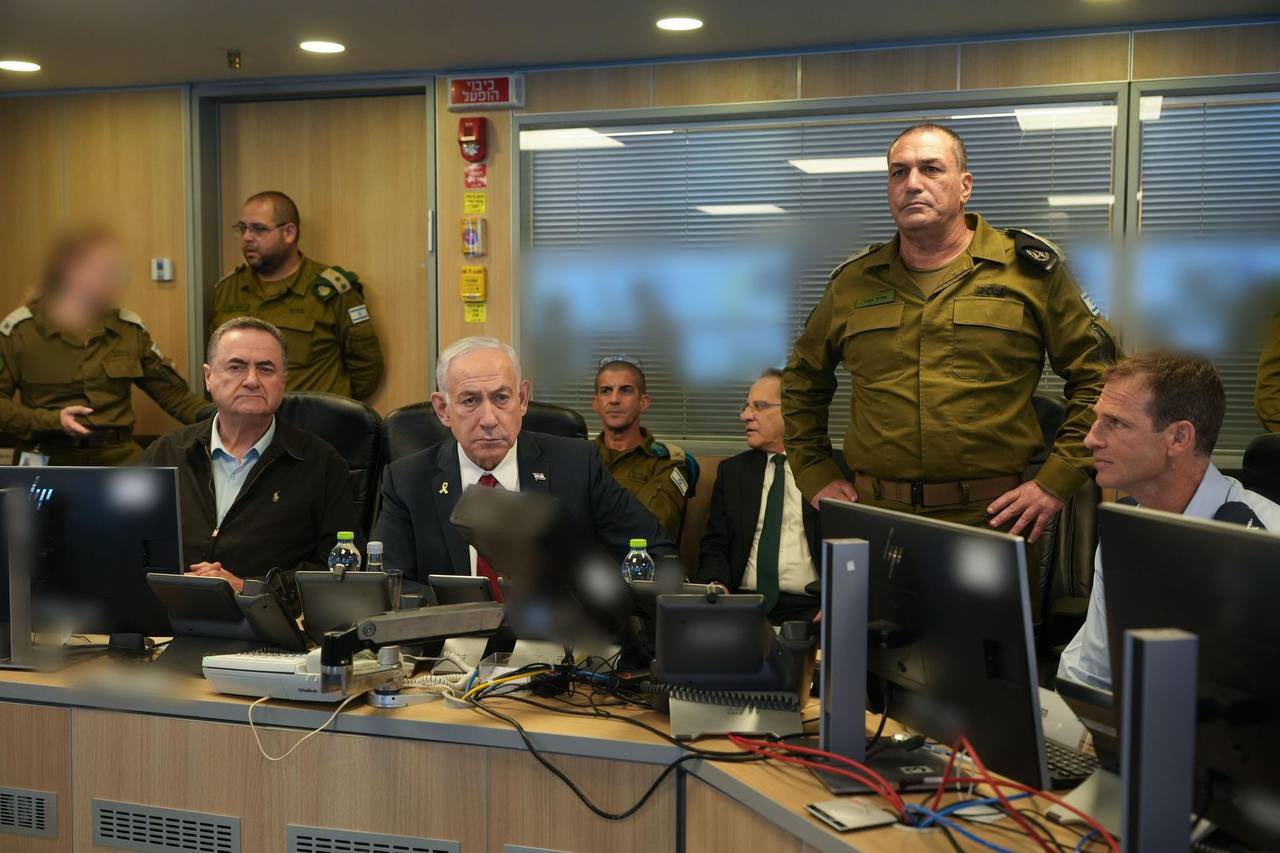OIC Urges UN Emergency Session as Israeli Strikes on Yemen Spark Fears of Expanding Regional Conflict
In the wake of Israeli airstrikes that struck key targets in Yemen’s capital over the weekend -- killing at least two and damaging energy infrastructure -- the Organization of Islamic Cooperation (OIC) has issued an urgent appeal to the United Nations Security Council for an emergency session during the upcoming UN General Assembly in September.
 |
| Image Source: Hala Jaber on X |
According to a joint statement released after the meeting, the OIC's Council of Foreign Ministers urged the UN to act decisively in the face of "genocide" and “decisions aimed at total control over Gaza.”
The diplomatic push comes as Israel expands its military operations in Gaza and broadens its theater of engagement with direct strikes on Iranian-aligned actors outside Palestinian territories.
What Triggered the OIC Action?
On Sunday, Israeli fighter jets bombed several targets in Sana’a, Yemen, including the presidential palace complex, two power plants, and a fuel depot.
The Israeli Defense Forces (IDF) said the strikes were a response to recent missile and drone attacks launched by the Houthi movement -- a group backed by Iran -- against Israel.
The Houthis had fired a surface-to-surface missile armed with a cluster warhead at Israel on Friday, a significant escalation in both payload and intent.
Although the missile caused no casualties, Israeli officials said it marked the first confirmed use of such weaponry by the Houthis and was likely enabled by Iranian support.
Yemen’s Houthi-controlled Al-Masirah TV and the Hamas political leadership condemned the Israeli airstrikes, calling them violations of international law and Arab sovereignty.
The Houthis warned that they would continue to support Palestinians and target what they describe as Israeli-aligned interests.
Gaza: Escalation and Humanitarian Collapse
The Yemen strikes coincide with intensifying military activity in the Gaza Strip. On August 20, Israel’s war cabinet approved a plan to seize Gaza City and expand operations across the enclave.
According to Gaza’s health ministry, the ongoing war -- now in its eleventh month -- has killed over 62,600 Palestinians and injured more than 157,000. An additional 300 people, including 117 children, have died from hunger and malnutrition, amid a near-total blockade of food and medical aid.
A UN panel recently declared a famine emergency in northern Gaza, attributing the crisis to the prolonged siege and restrictions on humanitarian access.
Over the weekend, at least 30 more people -- including civilians seeking aid -- were reported killed in Gaza.
Why Yemen Matters
Since the war's onset on October 7, 2023 -- when Hamas launched its surprise attack on southern Israel -- the Houthis have positioned themselves as defenders of the Palestinian cause.
They have disrupted Red Sea shipping lanes and launched over 100 attacks on international vessels between late 2023 and mid-2024, prompting a US-brokered maritime ceasefire in May.
However, the Houthis made clear that the deal applied only to maritime targets. Sunday’s airstrikes -- the first direct Israeli attack on Sana’a -- suggest that Israel views the Houthis as a growing threat requiring direct deterrence.
The IDF framed the bombed sites as military assets used for “terrorist activities.”
Regional Risks and Diplomatic Fallout
The OIC’s unified stance reflects a rare convergence of positions among Sunni-majority nations like Saudi Arabia and Turkey, and Shia-led Iran, all expressing concern that Israel’s military campaign risks igniting a wider regional war.
Iran’s Ambassador to Russia, Kazem Jalali, accused Israel of waging a “proxy war” on behalf of the West and criticized the silence of Western governments over what he called “crimes against humanity” in Gaza.
He reiterated that while Iran opposes war, it is prepared to respond if attacked -- a reference to the brief but intense Iran–Israel conflict in June, which escalated to include US airstrikes on Iranian nuclear facilities.
Sunday’s events raise the specter of renewed regional confrontations across multiple fronts -- Gaza, Lebanon, Yemen, and potentially Iran -- with the US and Israel aligned on one side, and Iran-backed militias and political actors increasingly active on the other.
UN Security Council in Focus
The OIC’s push for a UN Security Council emergency session adds multilateral pressure on Israel and its Western allies.
While previous UNSC resolutions on the Gaza war have been blocked or diluted, the upcoming General Assembly session in New York could become a global flashpoint.
It remains unclear whether the US -- traditionally Israel’s closest ally and a veto-wielding member of the Security Council -- will support or obstruct calls for new measures.
A War Beyond Borders
The latest developments show a war that is no longer confined to the Gaza Strip.
What began as a devastating local conflict has spiraled into a regional confrontation involving state actors, proxy forces, and international diplomacy.
The OIC’s actions -- and the Israeli strikes on Yemen -- are the clearest indicators yet that the Middle East’s overlapping crises are entering a dangerous new phase, where the lines between local conflict and regional war continue to blur.
